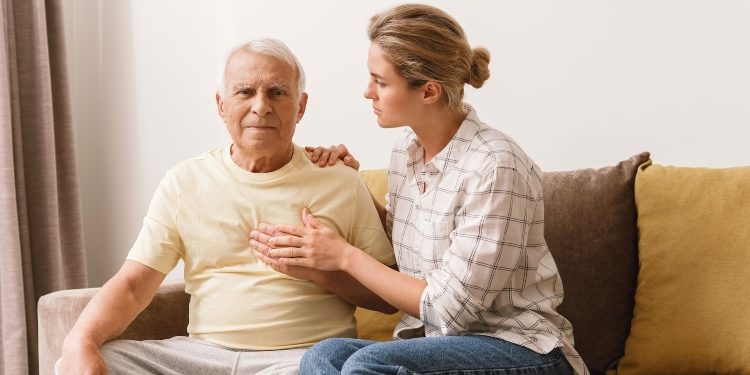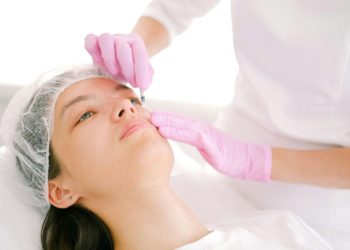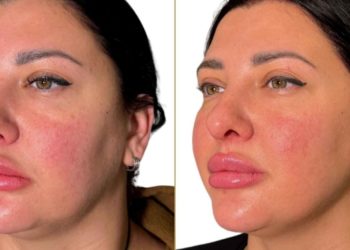If you have an elderly loved one who is recovering from a stroke, they may require assistance with feeding, mobility, taking drugs, and even communicating. But they may even have a unique need.
Generally, stroke symptoms can vary considerably from one person to another. It depends on the severity of the condition. Also, people recover differently, and there’s no universal schedule for experiencing improvement in the condition or returning to a normal state of health.
However, the right personalised care plan can positively impact the recovery process and lower the possibility of strokes occurring in the future.
In this article, we will explore how to care for anyone with a stroke at home.
What care do stroke survivors need?
As earlier stated, the needs of people with stroke vary on a case-by-case basis. Based on their symptoms, they might require the following support:
- Making doctor’s appointment
- Taking drugs correctly and on schedule
- Mobility or moving around
- Meal preparation and consumption
- Speech therapy
- Emotional care and well-being
Also, medical professionals may put in place lifestyle changes to lower the risk of a stroke re-occurring. This is because having one stroke increases the likelihood of another. Thus, making changes to daily habits or food choices is highly recommended. For instance, reducing the intake of fatty or salty foods
It may also be helpful to make some adjustments or changes to the living space to assist the person recovering from a stroke. A good example of this is adding handrails to your stairs and bathroom to offer extra support and prevent falls.
In addition to domiciliary care professionals, other healthcare experts that can optimise stroke recovery include:
- Heart specialists or cardiologists
- Physical or Exercise Therapist
- Neurologist
- Primary Care Doctor
- Occupational Therapist
- Speech Therapist
Mobility
Stroke survivors may suffer from physical disabilities or experience difficulties being able to move. A personalised care plan comprising activities of daily living (ADLs) or speech therapy can cater to the person’s unique needs. Still, it is highly advisable to make modifications to the home to make the living space safer and simpler for everyday routine.
Examples of these modifications are:
- Installing anti-slip mats in the bathroom or toilet area.
- Adding rails in the bathrooms.
- Getting rid of hazardous rugs or carpets.
- Use hooks and clips to ensure proper management of wires.
- Reinforce and anchor pieces of furniture to the wall.
- Changing the position of sleeping space and accessories to facilitate and ease movement.
Also, mobility devices can assist stroke survivors with movement and balance. You may also have to transport them to medical appointments.
Communication
Communication problems can occur after a stroke. Around 30% of stroke survivors develop challenges with talking, understanding, and even reading.
When this happens, carers and family members have to adapt and adjust communication to help them. Here’s how:
- Ensure your sentences are brief, non-complex and straightforward.
- Use yes or no questions.
- Encourage the use of communication via hand gestures.
- Get rid of distractions.
- It may be helpful to make use of a communication app or board.
- Be patient with them when they speak.
Diet and Nutrition
Stroke survivors may require assistance in the preparation of meals. They may also experience swallowing difficulties. This is why you have to make some adjustments to their eating habits and diet. These may vary from adapting to a liquid diet to cutting food into smaller pieces.
Ensure you contact a healthcare professional before making changes to your eating habits or diet.
Below are some important tips that can assist:
- Ensure the person is seated in an upright position when feeding.
- Get rid of distractions so they can concentrate fully when eating.
- Drink beverages with a straw.
- Prevent leaks and spills by using cups with lids.
- Ensure the person’s diet is rich in nutrients, water, and calories.
Emotional well-being
It is not uncommon for stroke survivors to feel trauma and fright. The aftermath of a stroke can also be fraught with difficulties and setbacks. This is where caregivers play a highly important role in offering assistance, emotional support, and social interaction so the person feels less lonely.
As you care for a person with stroke, consider the following:
Exercise patience: Create a supportive and helpful environment for stroke survivors by being calm and patient with them while they try out skills—communication and motor—as well as other phases of recovery.
Treat them with respect: Treat them with dignity. Give them space to exercise their freedom and independence, when necessary
Show empathy: Post-stroke recovery can evoke a lot of emotions, like denial, sadness, uncertainty, and a feeling of loss. Give space for the person to express themselves and offer emotional support.
Be supportive: This doesn’t just revolve around rapid recovery but also empowering them to live their lives. This can include communication and movement techniques.
Stroke survivors can derive value from mental health improvement activities, like:
- Participate in support groups.
- Taking part in fun activities and hobbies.
- Sign up for counselling classes.
- Inform your doctor when you notice any symptoms of depression.
Why professional care services are important for post-stroke recovery
Home-based care
After a stroke, there is always the choice of enrolling in a rehab facility for recovery. However, studies have revealed that home-based care can accelerate recovery. This is because your loved one can get the necessary help and care in an environment that is familiar, safe, and comfortable to them.
Individualised Plans
A stroke survivor may encounter physical and emotional challenges. This implies that they may find it hard to talk, walk properly, or move. Thus, as part of the post-stroke recovery process, they may require personalised care.
They may need a caregiver to set up a plan that aligns with the recommendations of their doctor or therapist. This will ensure their unique needs are catered to.
Companionship
At times, for a stroke patient, the road to recovery can be isolated and fraught with some levels of loneliness. Since members of their family won’t be available 24/7 to offer support, caregiver services may be needed to bridge this gap.
The role domiciliary caregivers play is akin to friendship. Your elderly loved one has someone to interact with and will always have a presence to keep them company. This can curb depression, angst, and other emotional illnesses.
David Prior
David Prior is the editor of Today News, responsible for the overall editorial strategy. He is an NCTJ-qualified journalist with over 20 years’ experience, and is also editor of the award-winning hyperlocal news title Altrincham Today. His LinkedIn profile is here.


![7 Best POS Software in the UK [2026 Edition]](https://todaynews.co.uk/wp-content/uploads/2026/02/7-Best-POS-Software-in-the-UK-2026-Edition-360x180.png)







































































